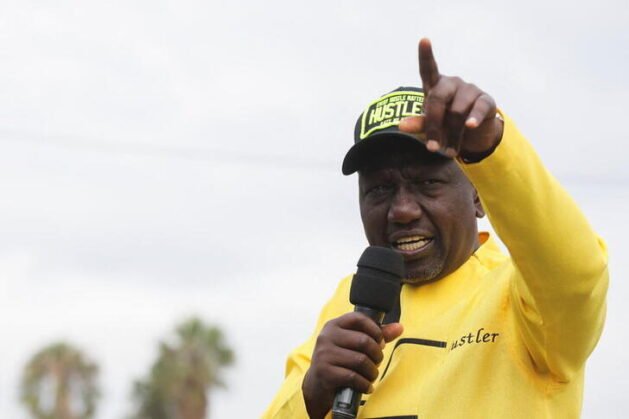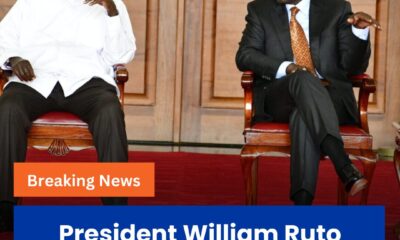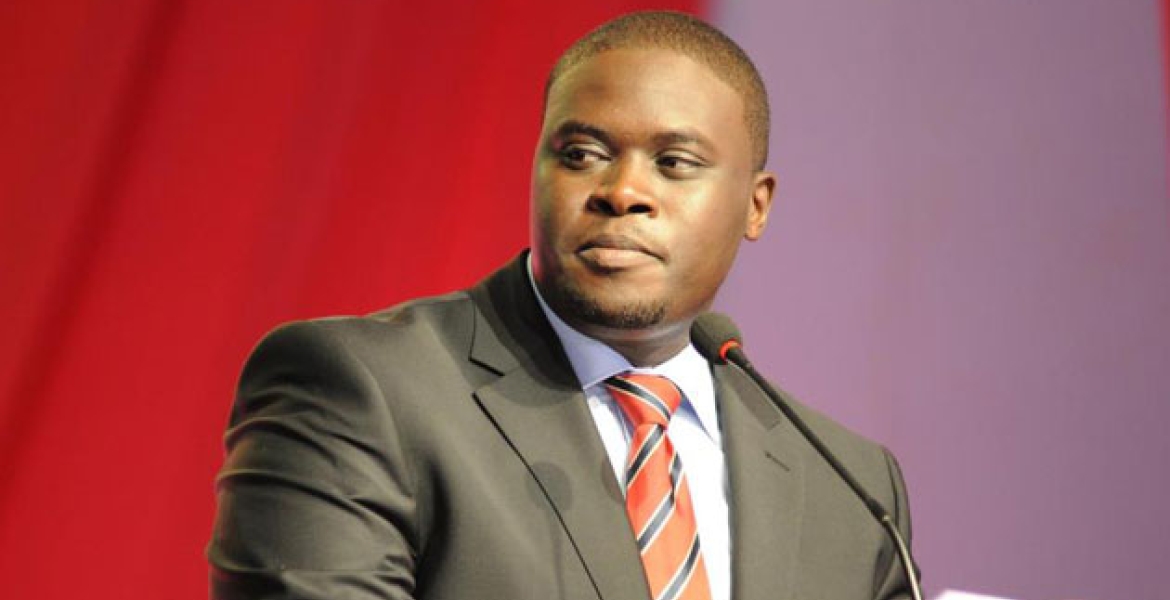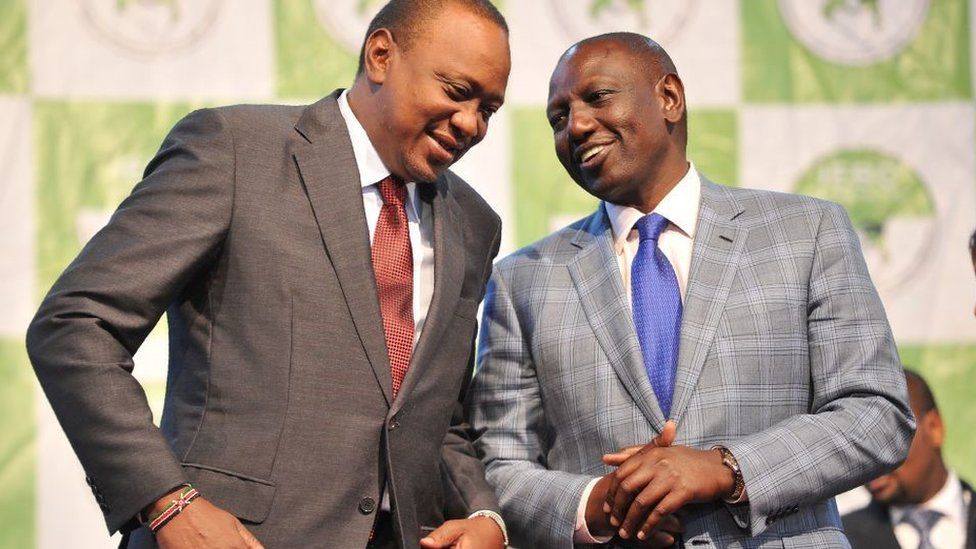General News
Politicians are on notice after dozens of political dialects banned
-

 General News6 days ago
General News6 days agoResidents Accuse CDF Officials of KSh 2,000 Bursary Bribes – MP Zaheer Jhanda Under Fire in Nyaribari Chache
-

 General News2 days ago
General News2 days agoRoads in Kitutu, Colleges in South Mugirango, Rice and Beans in Nyaribari Chache: Is This MP Zaheer Jhanda’s Version of Development?
-

 Politics2 days ago
Politics2 days agoSon of Siaya or Son of Busia? David Ochieng’s Politics of Convenience Exposed
-

 General News2 hours ago
General News2 hours agoExposing the Scandals of James Orengo in Siaya and Lands Ministry














